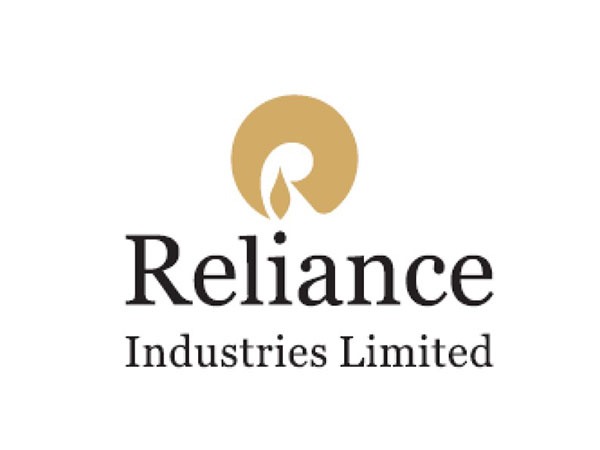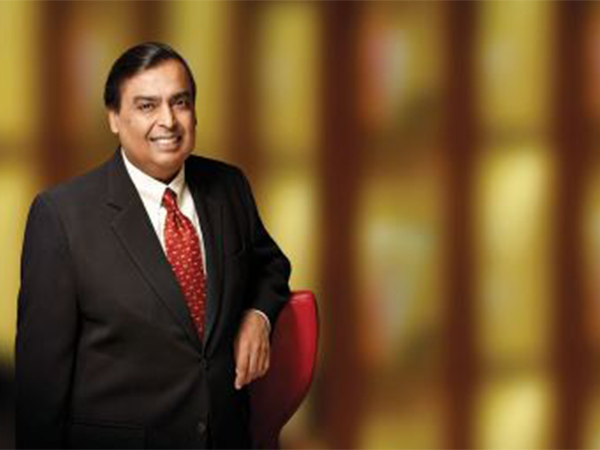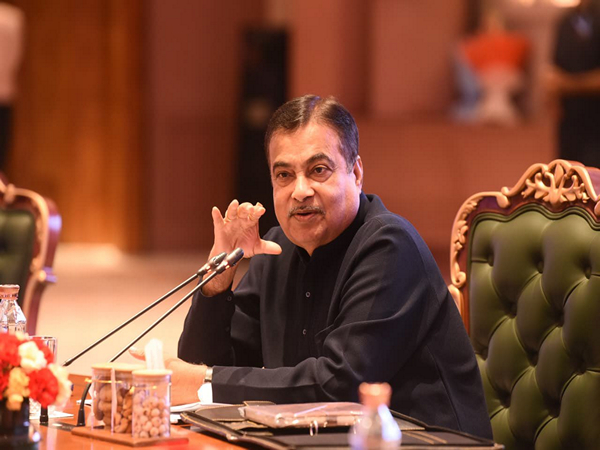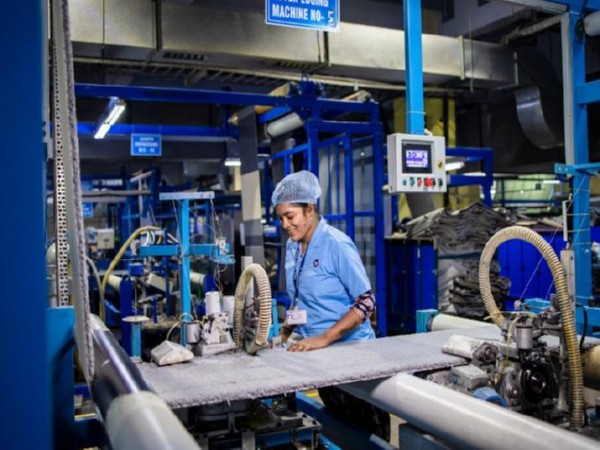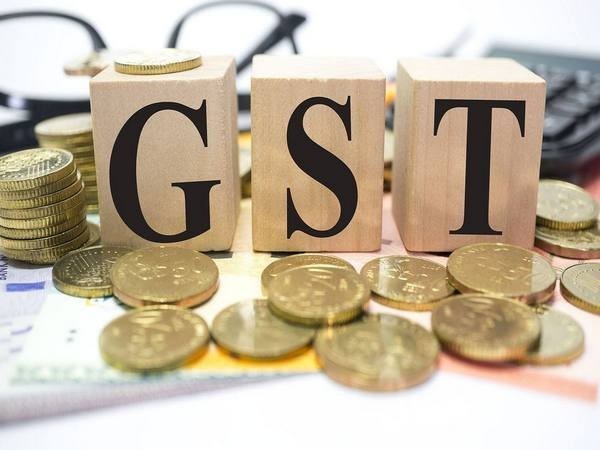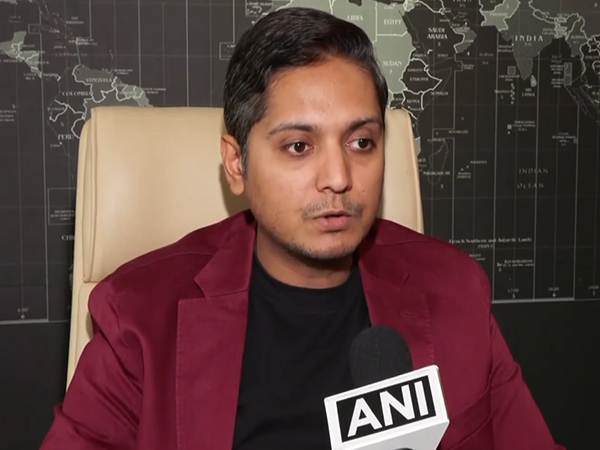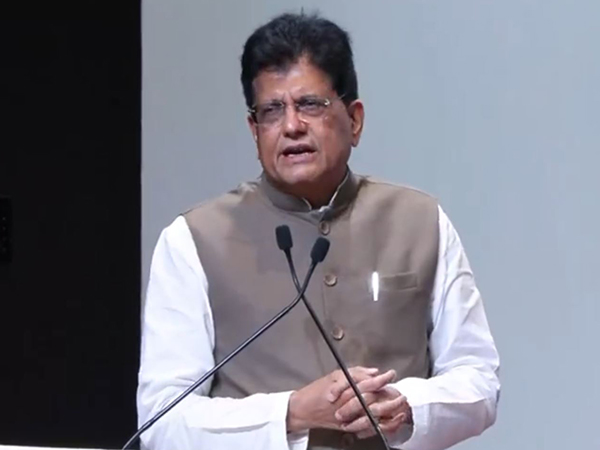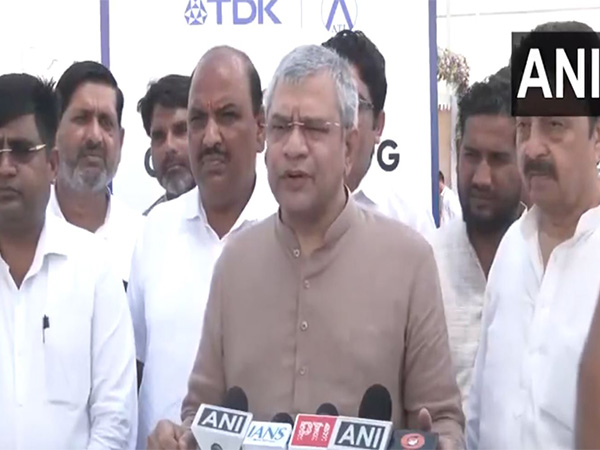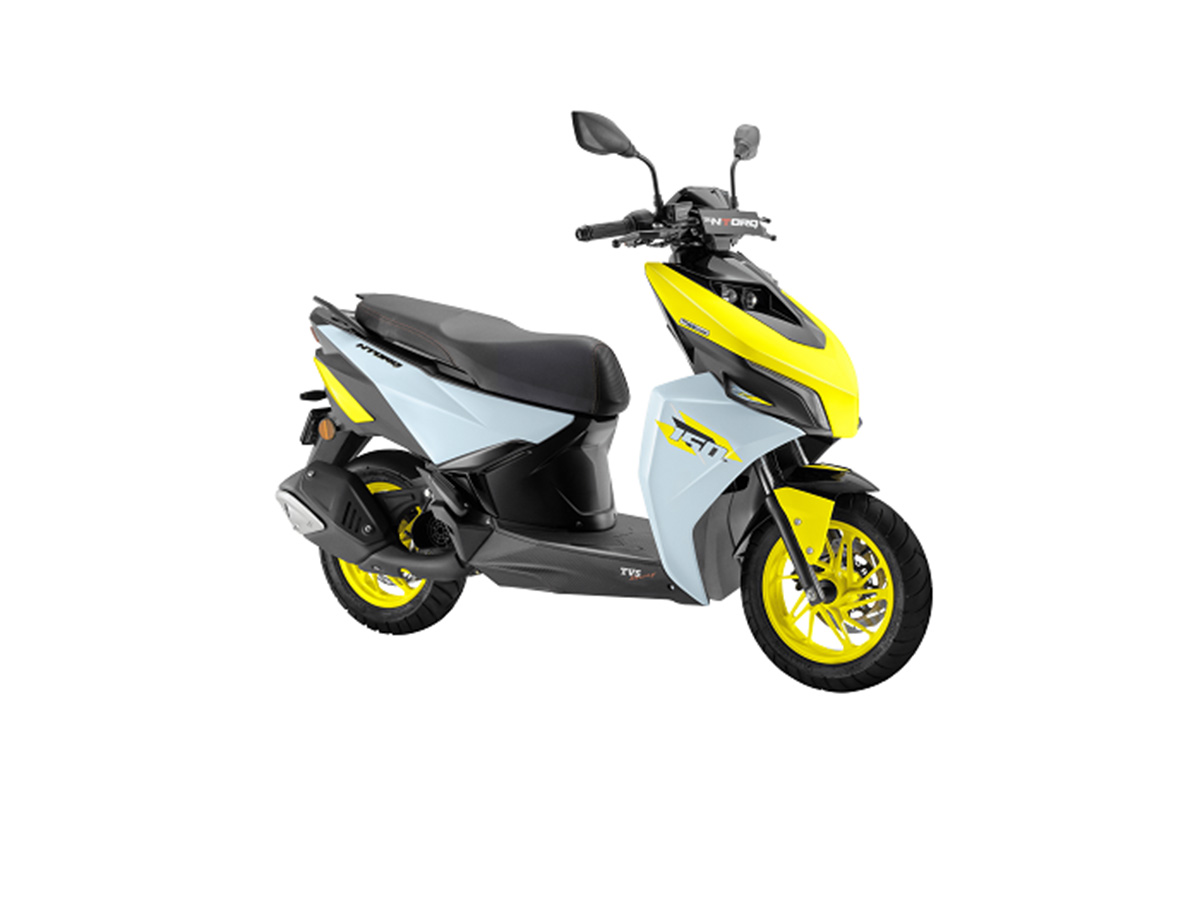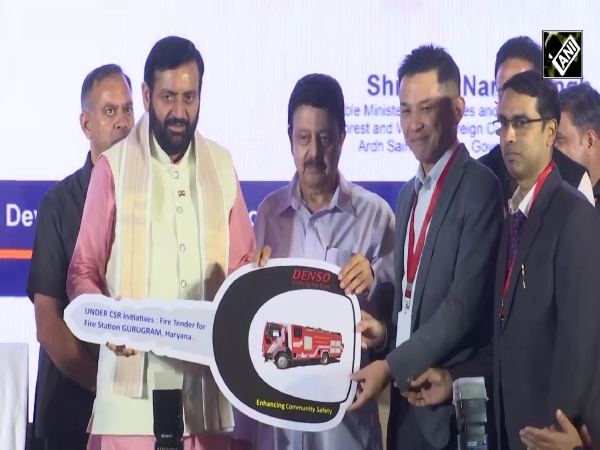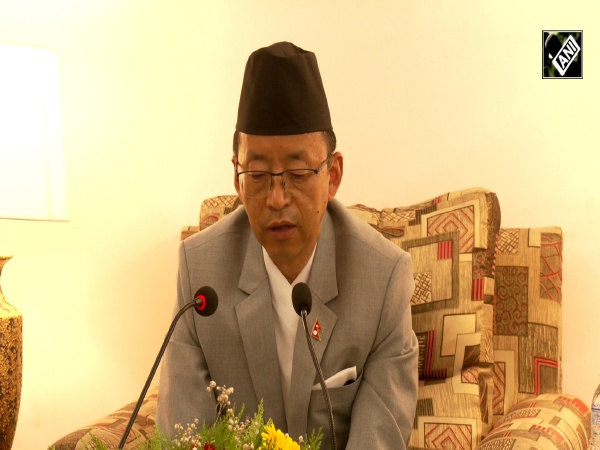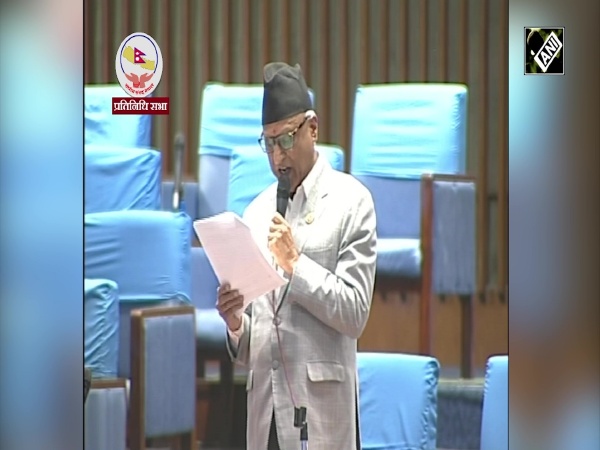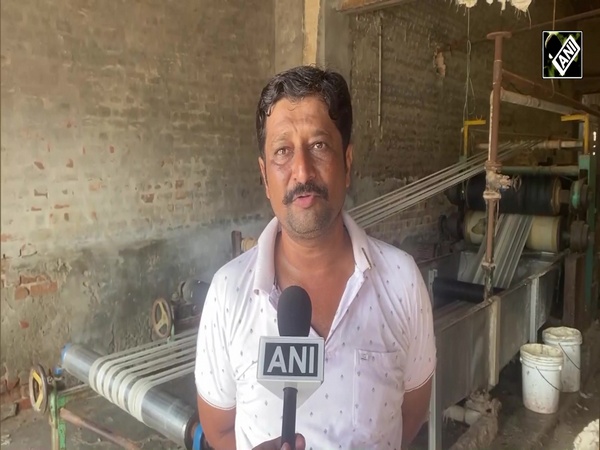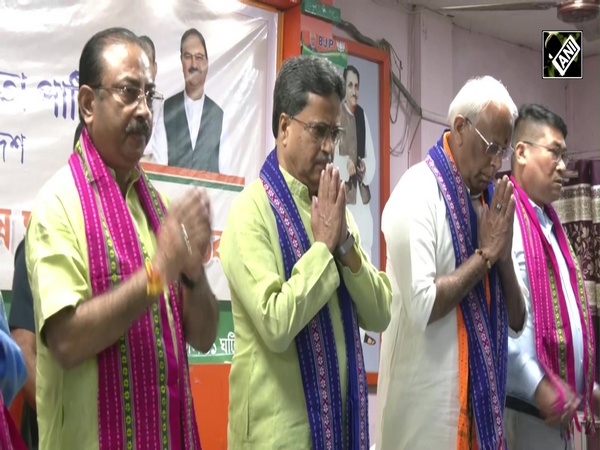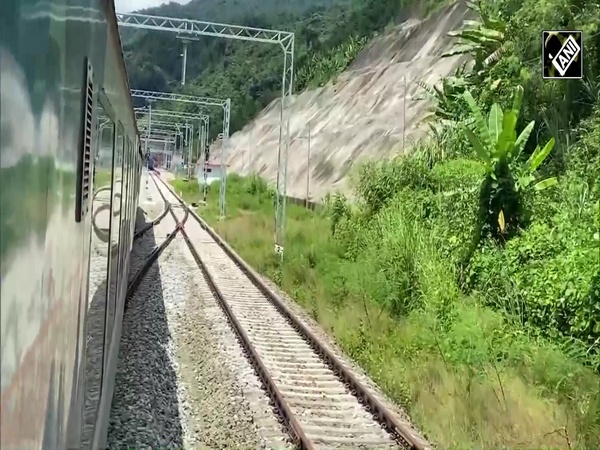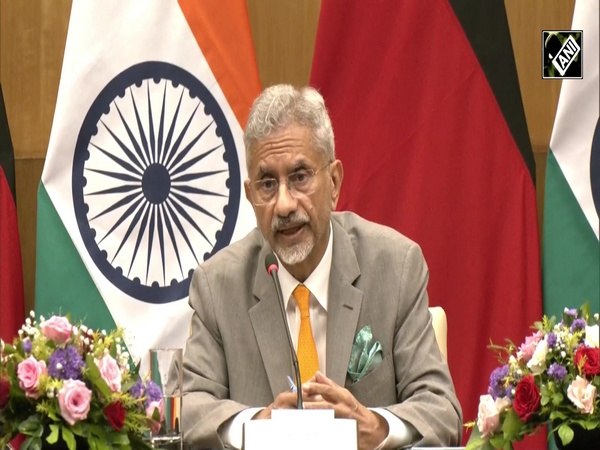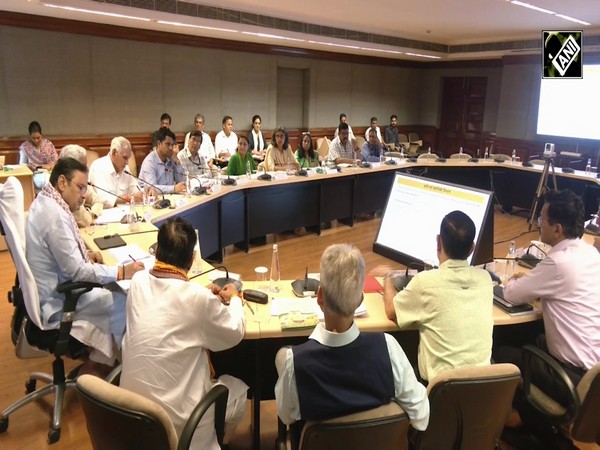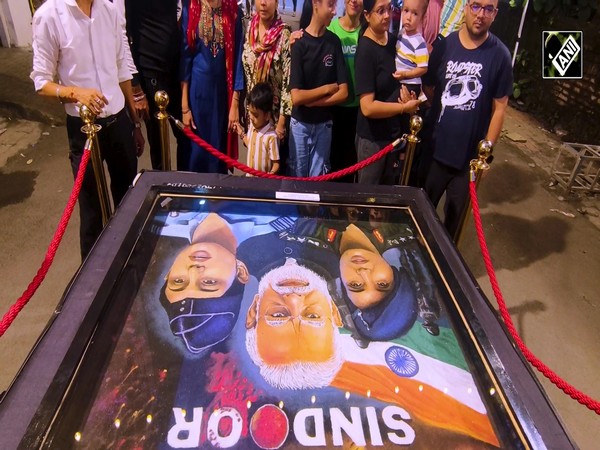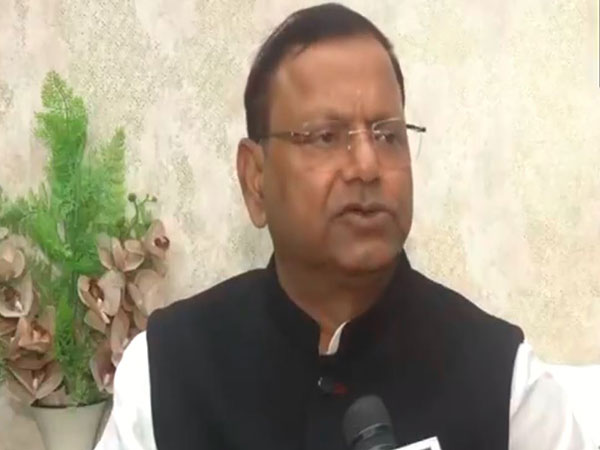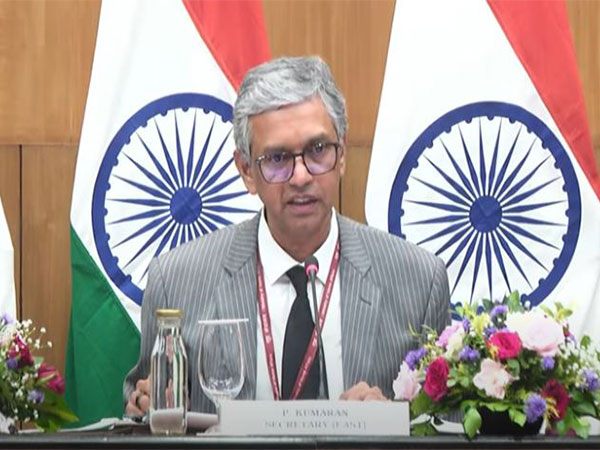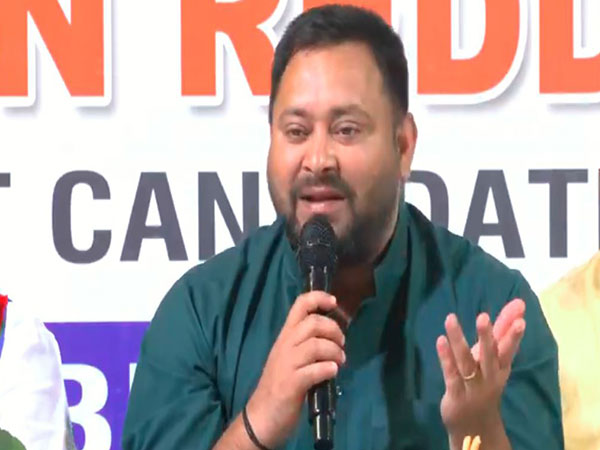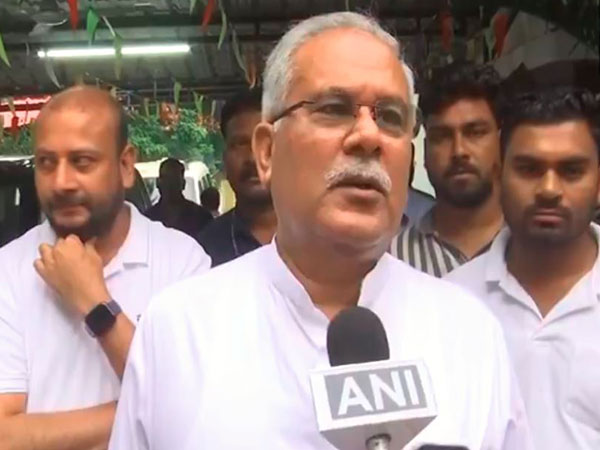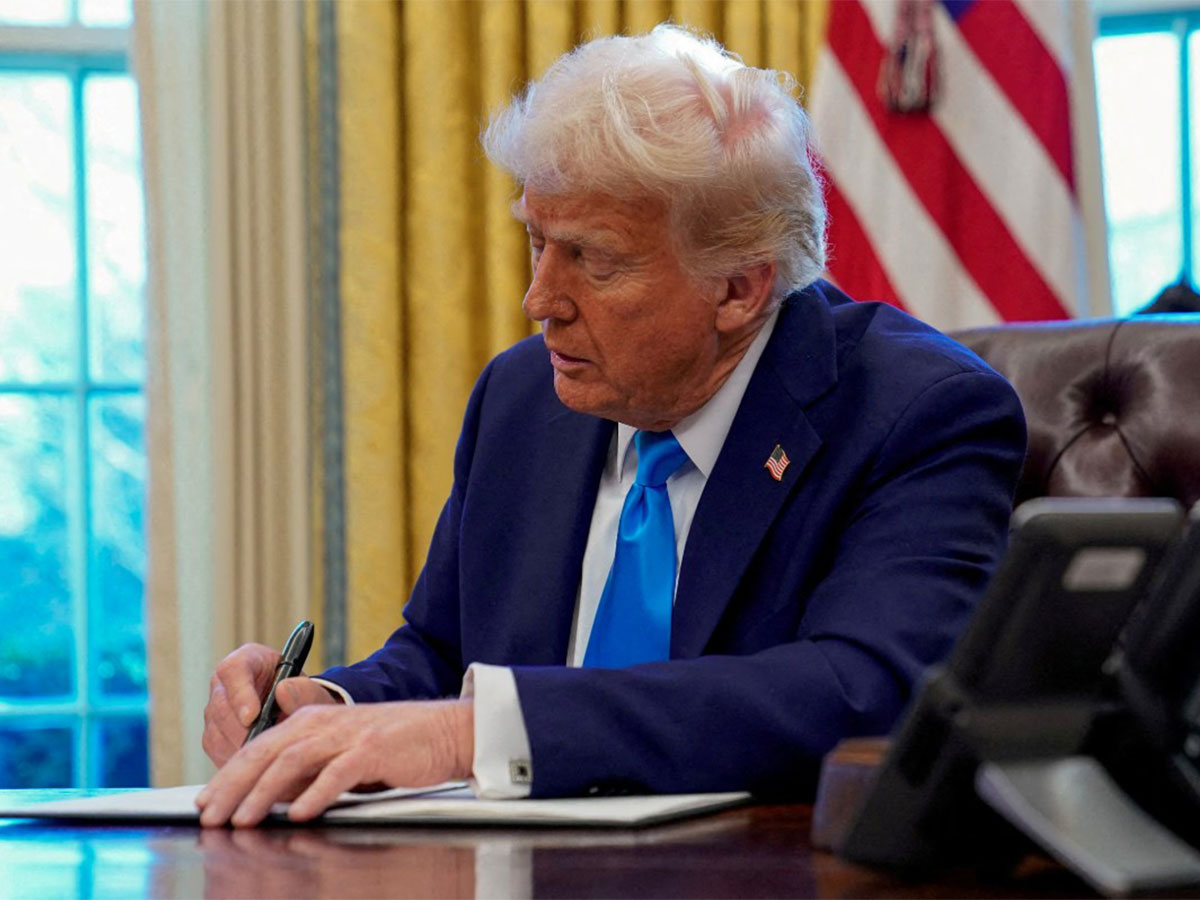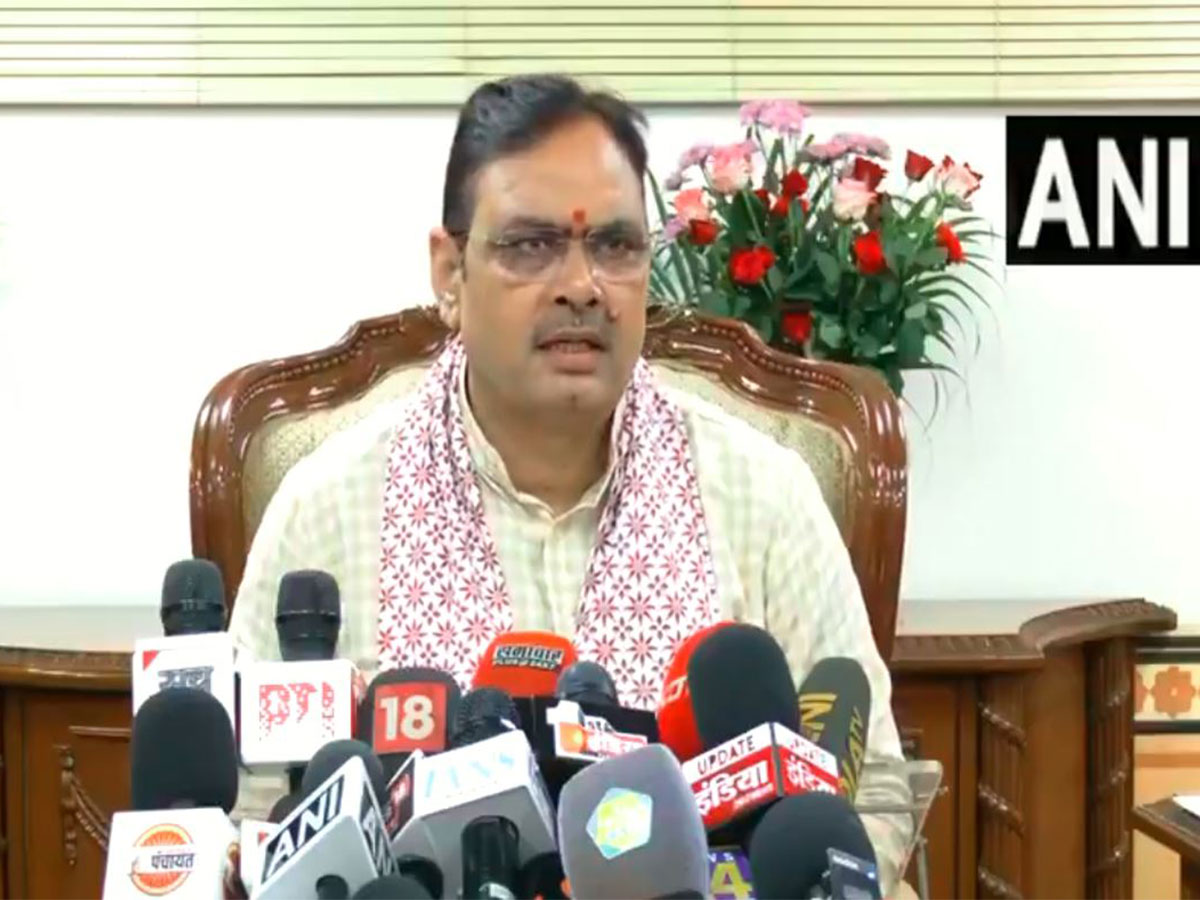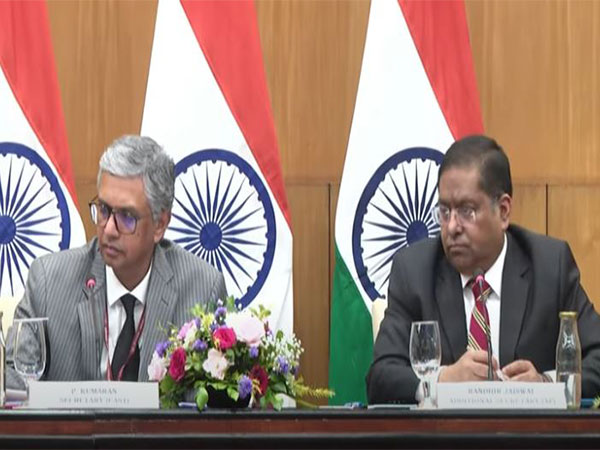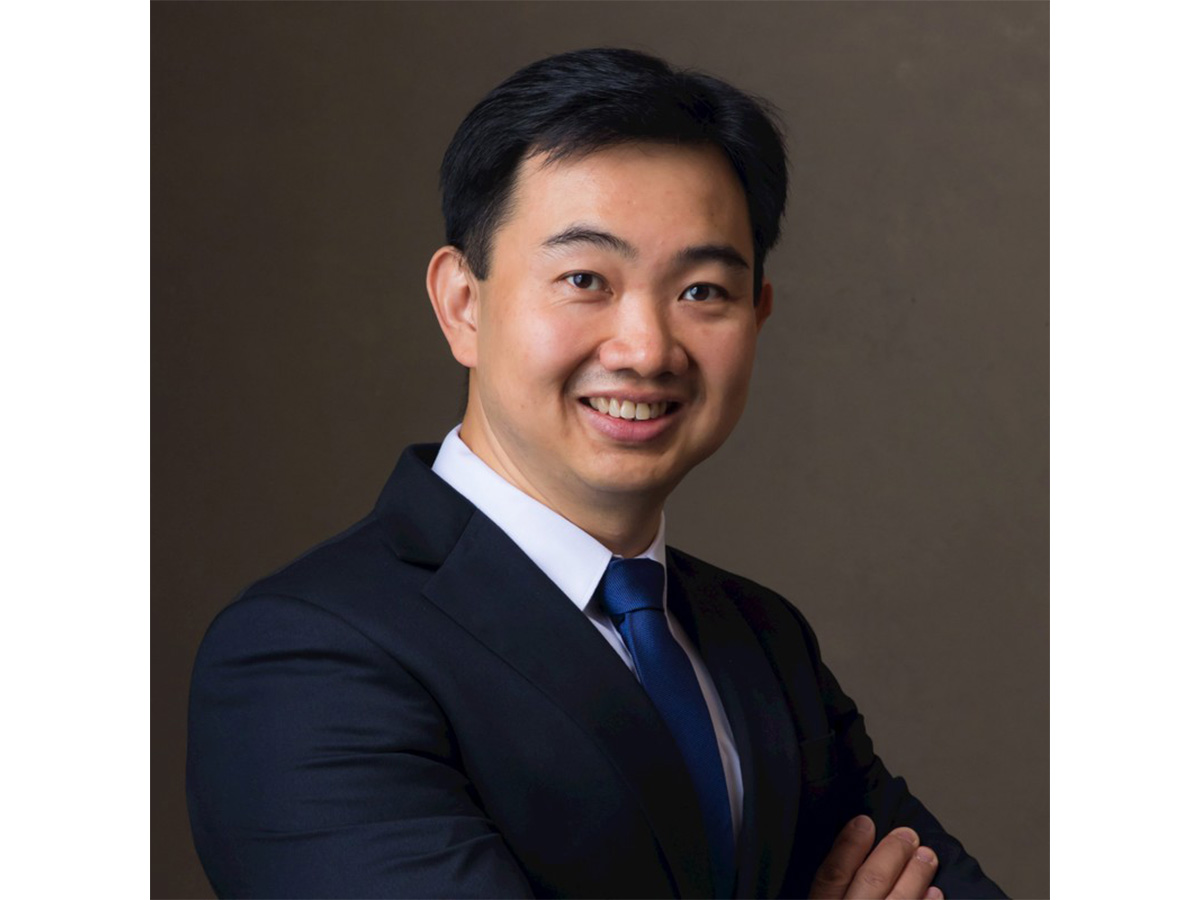
Singapore ready to share decades of semiconductor knowledge, skills with India: SSIA's Ang Wee Seng
Sep 04, 2025
By Animesh Deb
New Delhi [India], September 4 : Singapore, with nearly six decades of experience in the semiconductor industry, is willing to share its knowledge and know-how with India, where the sector is still at a relatively nascent stage but holds immense potential.
"Singapore, being a mature site (for semiconductor), we have a very diverse experience in this area. We could share experience, could do knowledge transfer and share skills that are needed for the industry," Ang Wee Seng, Executive Director at Singapore Semiconductor Industry Association (SSIA), told ANI here in the national capital on Thursday. He is in India for the Semicon India 2025.
On Day 1 of the three-day semiconductor-focused event (September 2-4), its fourth edition, SSIA had signed an MoU with the National Institute of Electronics and IT (NIELIT) to skill up the talent pool in India to be better prepared for the future.
"For this MoU, we have been working since the beginning of this year. It's really to strengthen the industries, academia, industry relationship for both Singapore and India. It's to skill up the talent in India for the industry so that it's better prepared for the future," Ang See Weng said.
He supplemented that cross-pollination of experiences between the industries of the two countries can help create a better network of business-to-business friendships.
Singapore's semiconductor journey began in 1968, when its first company, National Semiconductor, was established. Since then, it has developed a very diverse ecosystem, not just the front-end fabs, OSAT, but also equipment manufacturing.
Singapore, a small country in terms of land mass, manufactures and assembles approximately 20% of the global semiconductor equipment, contributing a significant portion to its economy, he noted.
"So it's a very significant industry. But, as we all know, the world is now in chaos. But the demand for chips continues to rise. So the only way for us to meet the demand of the world is not just Singapore as a small island, but to build more chips, or Malaysia coming in to build more chips."
Collaboration is the need of the hour, and one needs to build those chips together, he said, in a way, indicating that Singapore and India should work together in this domain.
Furthermore, during the conversation, the Singaporean semiconductor industry chamber official also emphasised the need to educate the next generation of business leaders.
"I think it is extremely important that they have India in mind. Similarly, from India, they have Singapore in mind. So we need to cross-pollinate them. We need to put them at certain point in their career, a program or a system or a platform where they can come together," he asserted.
The semiconductor industry requires a large talent pool, and it is not always easy or wise to work in isolation.
Ang Wee Sang agreed that no one country has enough talent, and there will always be a need for new talent. "I think the semi-con talent is in growing demand as the industry continues (to grow). So there's the need for the talent."
"We know that India has a very strong talent pool, and getting some knowledge sharing from India in this area would be key," he continued.
Asked whether one can expect Singaporean companies to come into India to produce or co-produce semiconductor chips in the near future, he affirmed it on the positive side.
"If you open your mind to beyond just chips, to everything else semiconductor, whether it is a piping system, a chemical delivery system, a quick answer is yes," he said.
He apprised that the Singaporean company Specmax Technologies Pte. Ltd is already manufacturing its chemical delivery system for a semiconductor fab in Gujarat.
According to Specmax Technologies' website, the company was established in 2014 and specialises in engineering projects and services, primarily serving industries such as semiconductor manufacturing, petrochemical engineering, and related sectors that rely on intricate piping systems and advanced automation solutions.
This India-Singapore relationship, according to Ang See Weng, will go on for many years to come. "So we are now literally married to each other already. We are close friends. So I think we are just at a very initial stage today."
At the Semicon India, Singapore has put up a booth, showcasing its technologies and innovations. On Day 2, Wednesday, Prime Minister Narendra Modi visited the Singapore booth, as he took a walkthrough in several of the other booths.
"The enthusiastic participation of Singaporean companies in the 'Semicon India' Conference is, in itself, a matter of great significance," PM Modi said today during the Joint Press Statement with the Prime Minister of Singapore Lawrence Wong, who is on a three-day official visit to India -- September 2-4. In Chennai, Singapore will collaborate in establishing a National Centre of Excellence for Skilling, PM Modi said. "This Centre will focus on creating a skilled workforce in the field of advanced manufacturing."
Semiconductors are at the heart of modern technology. They power essential systems in healthcare, transport, communication, defence, and space. As the world moves toward greater digitalisation and automation, semiconductors have become integral to economic security and strategic independence.
In June 2023, the government approved the first proposal for establishing a semiconductor unit in Gujarat's Sanand.
Cut to today, the government has approved 10 semiconductor manufacturing projects with a cumulative investment of more than Rs 1.60 lakh crore in six states: Gujarat, Assam, Uttar Pradesh, Punjab, Odisha, and Andhra Pradesh. Work is underway in several of these projects. The first Made in India commercial semiconductor is set to roll out from the factory assembly lines later this year.
